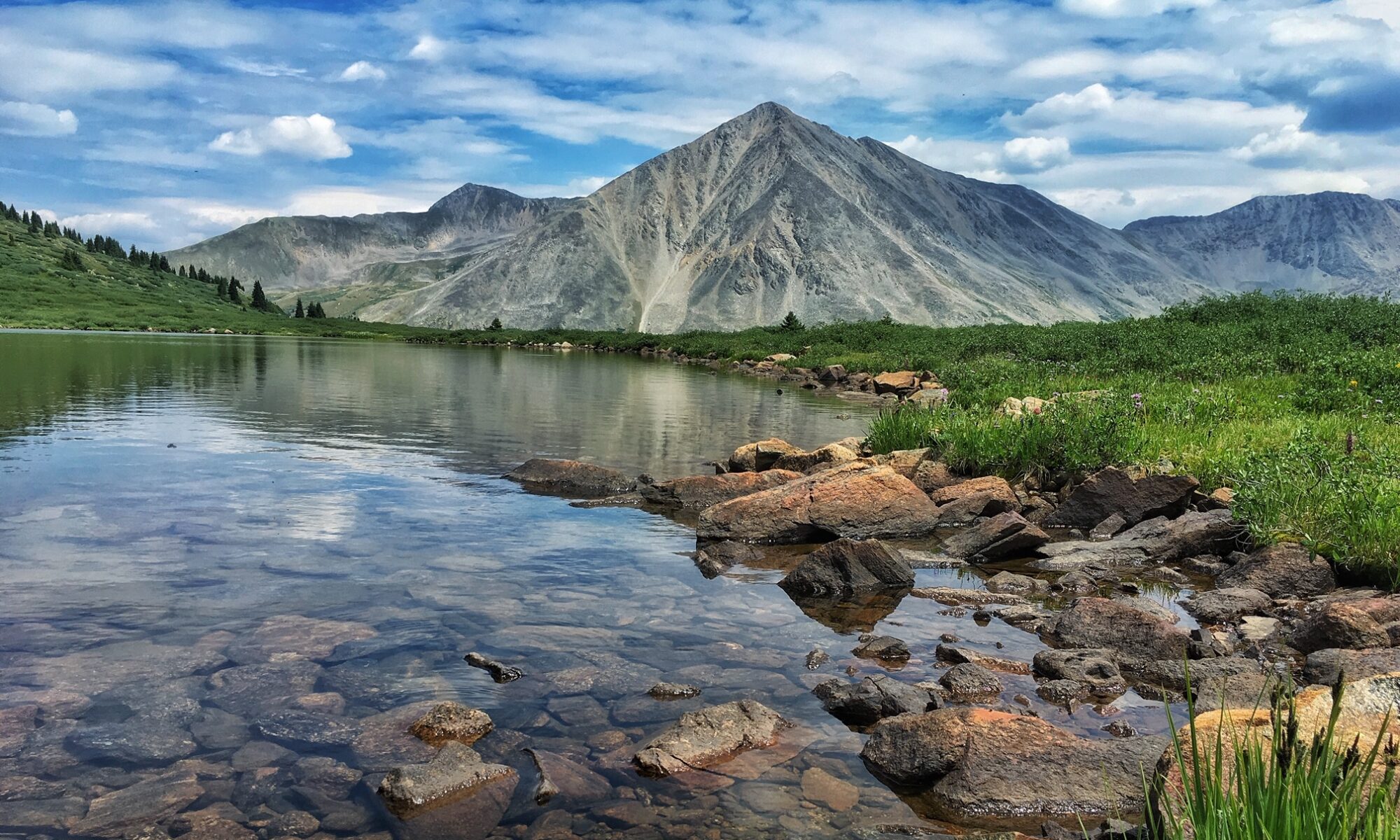Winter fly flshing is not my favorite. But there is a mystique to fishing the big rivers of Montana or the spring creeks in Minnesota a few days before Christmas or a couple weeks into the new year.
If you fly fish in winter, be careful to do so without losing it. I’m using the pronoun “it” to refer to everything from your sanity to the feeling in your fingers to life itself. The frustration and the dangers intensify in the winter.
Here are seven strategies for keeping your sanity and your life intact:
1. Lower your expectations
Don’t expect a twenty-fish day. Trout feed, but not as aggressively as they will when winter gives way to spring. Don’t expect that your hands will stay warm. Don’t expect the guides on your fly rod to remain ice-free.
2. Wait for mid-day and early afternoon
Trout respond better in these brief periods of warmth. You may, too. So sleep in and quit early. While we’re on the topic of warmth, wait for a warmer day. Tie flies or read a fly fishing book when the weather is in the teens.
3. Focus on shallow water, not deep pools
Bud Lilly, one of the deans of western fly fishing, assumes the fish in deep pools are not feeding as actively as fish in shallow riffles. Deep pools do not get enough sunlight, while the sun can trigger insect activity or even the metabolism of a sluggish trout in a shallow riffle.
4. Try nymphs first
I’ve had some good midge fishing in January on Montana’s Madison River. But unless you get into rising fish, nymphs may be your best bet. Trout do not chase streamers as aggressively (if they chase them at all) as they will when the water temperatures get warmer.
5. Avoid wading in deep water
Slipping and falling into the river on a thirty degree day is much different than on an eighty degree day in July. In July, a bath might cost you your dignity. In January, it might cost you your life.
6. Go with a buddy
This is always the safest approach to fly fishing, but it’s even more critical in the winter. A sprained knee a quarter mile from your vehicle could be a disaster in cold temperatures if you are alone.
7. Dress for warmth
It goes without saying, but pile on those layers. Put on waterproof gloves. Cover your face with a neck gator or a face mask. Double up on socks, too. Wear a wool or fur or polyester fleece hat. The folks at Harvard Medical School say that without a hat you can lose up to fifty percent of your body heat in certain cold-weather conditions even if the rest of your body is bundled up.
Final Thought
Alright, I promised seven strategies, so I won’t add an eighth one about bringing a thermos of hot chocolate or coffee. Also, the jury is out on whether you want clouds or sun. A friend and veteran fly fisher in Montana used to say, “The worst day for fly fishing is a sunny day in February.” My experience suggests he is right. Yet, as noted earlier, Bud Lilly observes that sunlight can trigger certain insect hatches, particularly the big “snowflies” that appear on many big rivers beginning in February.
For now, I’d suggest worrying less about the presence or absence of cloud cover than whether or not you remembered to bring that thermos filled with warm liquid.



Sometimes time spent at the vise filling little boxes with hope is not enough to get through the winter. The symptoms of withdrawal from time spent on the water can be very unpleasant.
Every fish caught under winter weather conditions is especially rewarding. Each fish confirms that devotion to fishing is somehow right at a level that few things are.
You’re absolutely right … every fish caught under winter weather conditions is especially rewarding. That’s been my experience, too. The one or two fish days are as memorable and satisfying as some of the 10-20 fish days in the summer!
Living in the Northeast I do a lot of winter fishing. I am fortunate enough to have 2 C&R zones that are open year round. I also will hit up the Salmon river for winter steelhead. The key is keeping warm. Layers are the difference between being comfortable or miserable.
Knowing how to survive in cold weather is also a must. having the right gear and knowing when and how to use it is essential. I always have 2 forms of fire starters on me, space blanket and extra clothes in the car.
As for the fishing, it doesn’t matter to me if I catch anything, I just love getting out there. If things are slow I will practice my casting, take notes on potential hotspots for spring fishing work on techniques and just enjoy my surroundings. Have fun out there.
You’ve hit the nail on the head once again: layers, fire starter, space blanket, and casting practice. I need to devote more time specifically to casting practice.